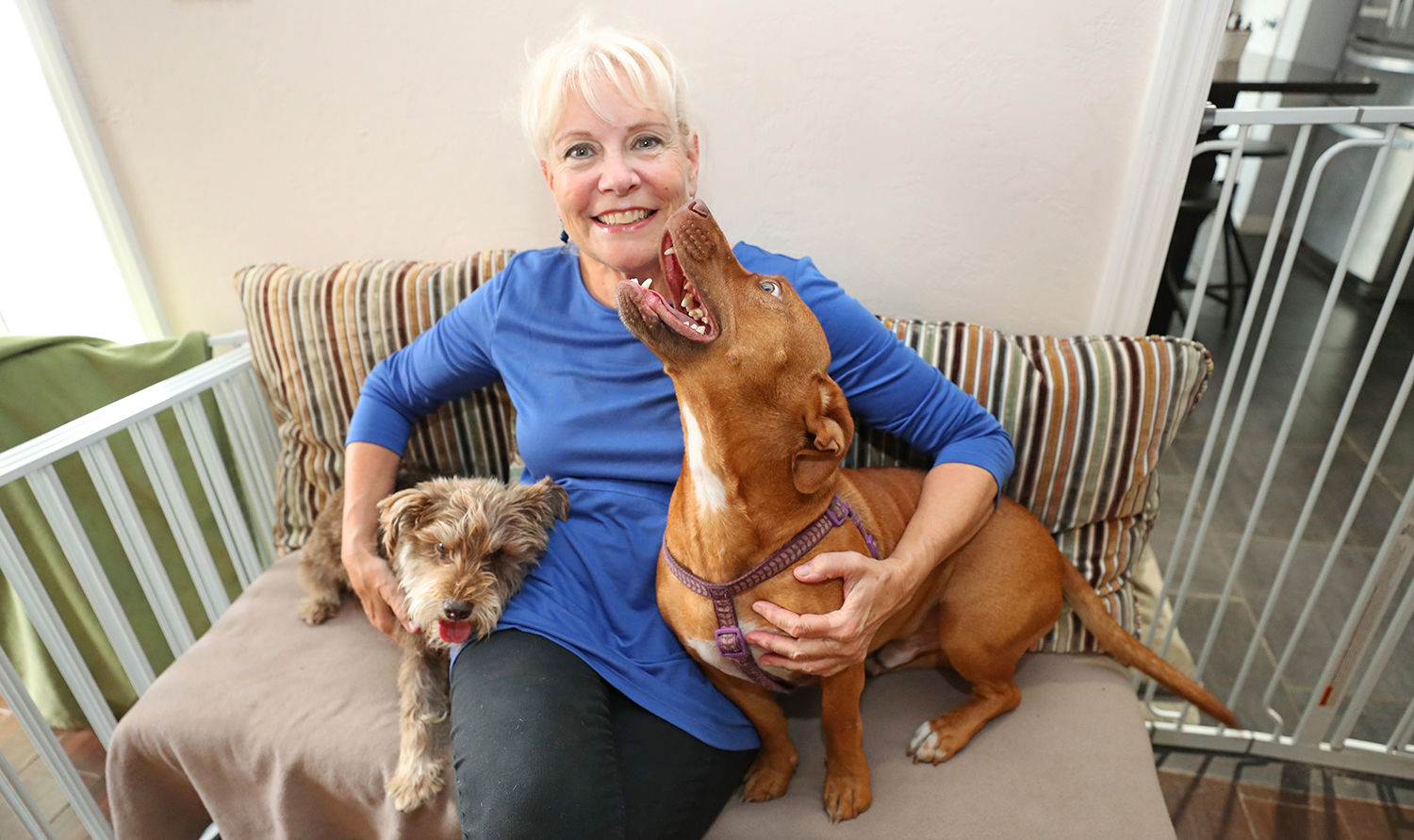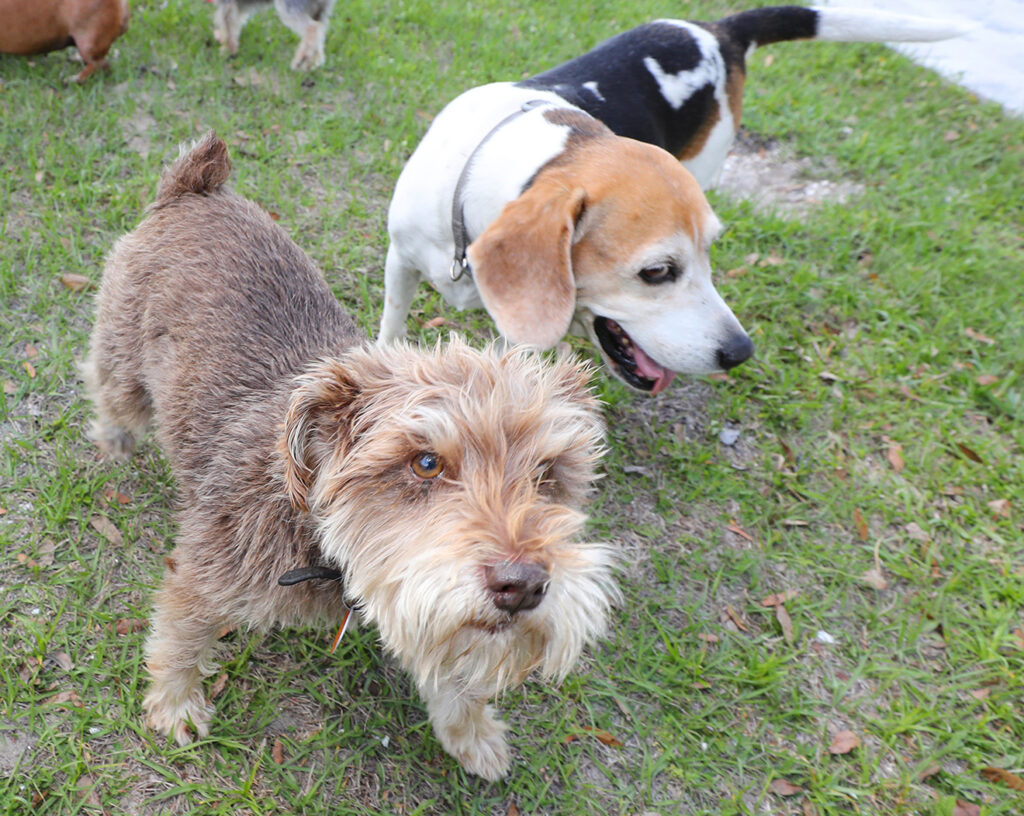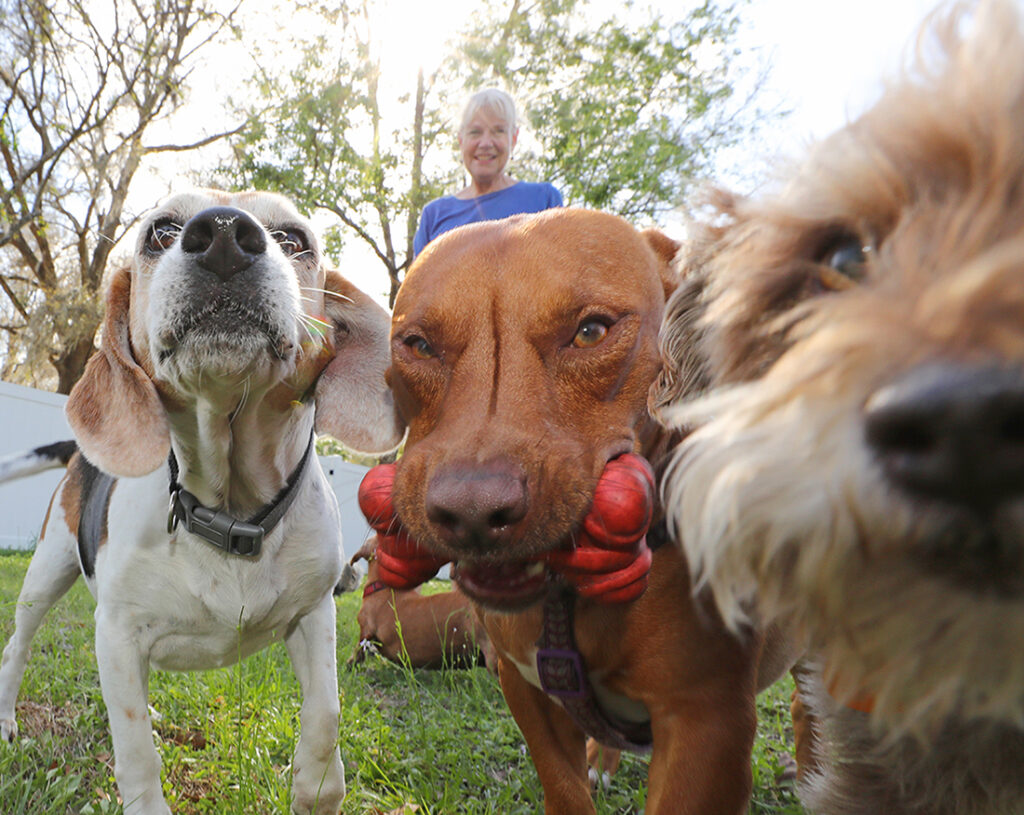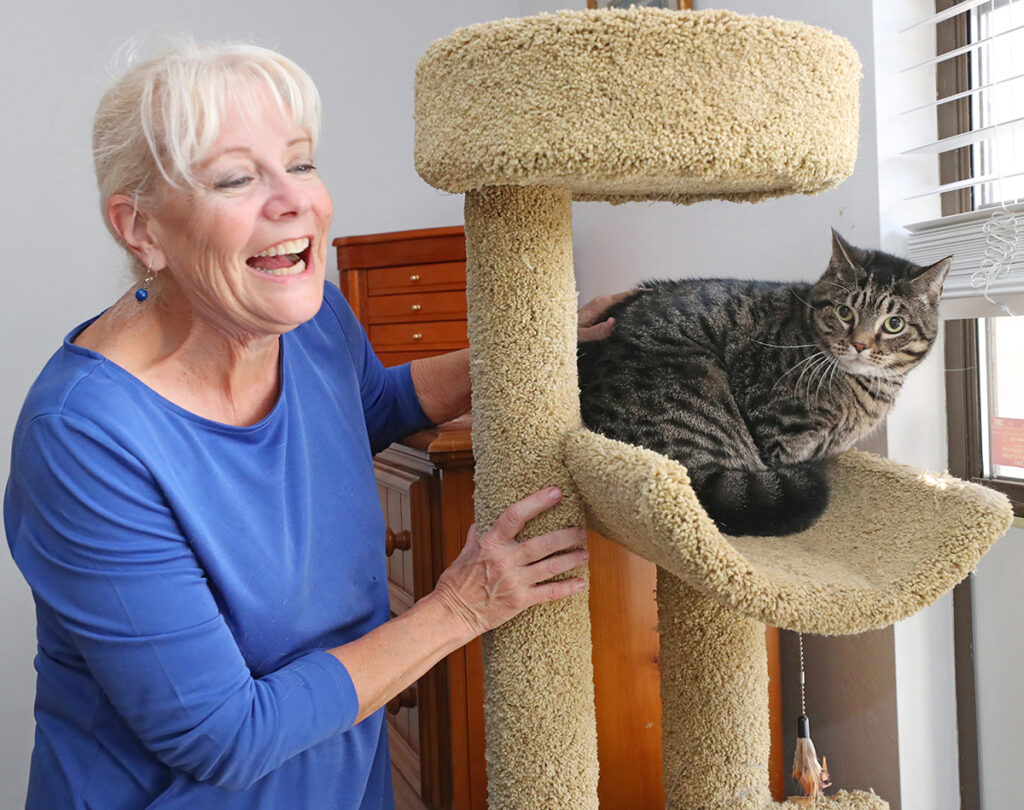Perpetual Care helps pet owners with estate plans that include the care and placement of their beloved animals.

A donkey wasn’t the typical intake at the Perpetual Care farm, which usually houses dogs, cats, birds and an occasional horse, but Virginia Kilmer makes a point to not refuse any orphaned pet. Kilmer founded Perpetual Care in 2001 as a rescue to assist local animal shelters. The organization became a 501(c)(3) nonprofit in 2002.
In 2003, Kilmer met a woman in her 80s who changed the charity’s overall mission.
The woman told Kilmer that her beloved dog meant the world to her, even though the canine was only a year and a half old.
“And she said,” Kilmer recalls, “‘Well, you know, if anything happens to me, I have it in my will that he’s going to be put to sleep and buried with me.’”

Kilmer says she was surprised and emphasized the fact that the dog wasn’t even 2 years old yet. She says the lady responded, “Well, that’s because I don’t trust anybody. No one in my family will take him, and I don’t trust what will happen to him if I’m not there.”
Kilmer recalls looking at animals in shelters and realizing that many were there because the owner had passed away and no one in the family was able to take in the pet and there was no plan for what to do with the animal.
“I said there has to be a better answer for people when they pass away and they can have the comfort of knowing their pets are going to go to a good place,” she remembers. “So that was the beginning of Perpetual Care.”
Perpetual Care’s first goal is to help an owner find a future adoptive home for the pet.
“We first talk to you about your options,” Kilmer says. “And if you have options where they can go to a family member, we will help you with making sure that you have all your documents in place for them to go to someone else—it doesn’t have to be that they’re coming to us, we just want to make sure that you have a plan and that it’s documented.”

If the owner does not have a family member or someone else willing to take the pet, Perpetual Care will take the animal, provided it can thrive in the agency’s life care center, or communal home. Perpetual Care can house up to 20 small dogs and three to five large dogs, with space for many cats and a couple of horses. Nine dogs and two cats are current residents.
Kilmer and her team of 12 volunteers can help a pet owner establish a will or trust. She recommends a living trust as it lacks the gap period between the owner’s passing and the will going into effect.
The agency also offers pet loss grief support and tips for lost pet recovery and rehoming pets.
Perpetual Care is funded by donations and grants, which allow it to house animals and fund a sponsorship program for emergency calls to find a home for a pet as soon as possible because the owner passed away.
Kilmer says an important part of the Perpetual Care mission is education.

“We want as many people as possible to be informed about the importance of having a plan for your pets,” she explains, “an emergency plan, in case just even on a normal basis, say, somebody in the family goes into the hospital and you’re not able to care for your pets, you have a plan for who can take care of your pets in an emergency.”
While they encourage pet owners to plan ahead, Kilmer understands that not everyone has a family member who can provide for his or her pet.
“And so that’s the other purpose of Perpetual Care,” she says. “We are your plan; we are your family if you want to leave them to somebody that you know you can trust will take care of them.”
The organization will offer free presentations at 1pm April 21st at Rolling Greens Village clubhouse at 1901 SE 58th Ave. and 1pm May 3rd at the Stone Creek Reunion Center at 6310 SW 89th Court Road.
Kilmer also hopes Perpetual Care can serve as a role model in other states.
“Our vision is to develop and grow our life care centers beyond a single home-based farm in Florida,” she writes on the Perpetual Care website. OS
To learn more, go to perpetualcare.org






